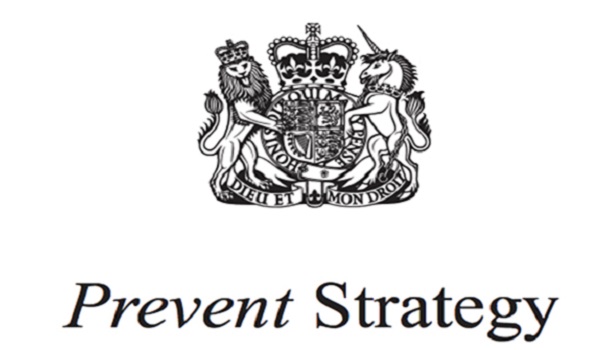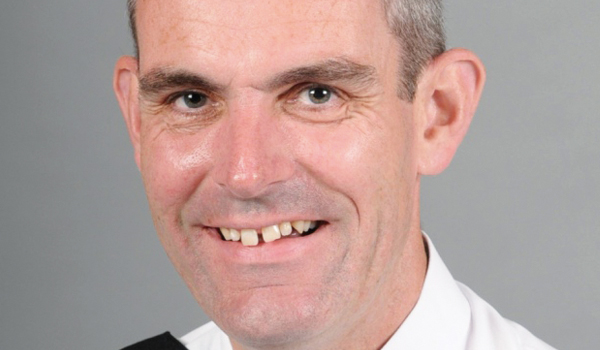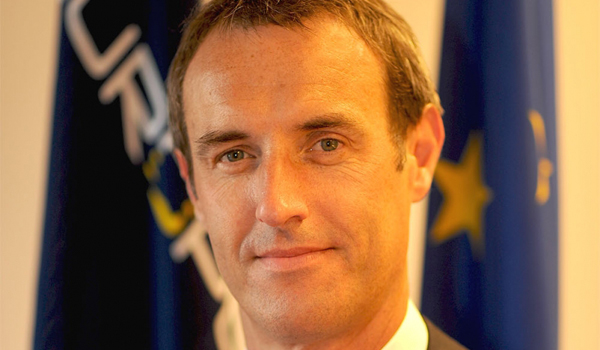No guarantee terror offenders can ever be ‘cured’
The forensic psychologist responsible for the deradicalisation programme attended by London Bridge attacker Usman Khan has warned that it is impossible to know for certain if offenders have been “cured”.
Christopher Dean told the BBC Radio Four Today programme that some terror offenders who take part in his Healthy Identity Intervention (HII) scheme appear to regress because of their uniquely complex identities.
The HII scheme involves the offender attending regular sessions with a psychologist who encourages them to talk about their motivations, beliefs, identity and relationships with both other extremists and the rest of society.
Khan participated in the HII scheme after being jailed eight years ago for planning to set up a terrorist training camp. He was released in December 2018 but went on to murder Jack Merritt and Saskia Jones at a prisoner rehabilitation event in Fishmongers’ Hall in the City of London. He was subsequently shot dead by firearms officers.
Mr Dean said: “The two main aims of healthy identity intervention are primarily to try and make individuals less willing or prepared to commit offenses on behalf of a violent extremist group cause or ideology.
“If we can reduce someone’s relationship or identification with a particular group, cause or ideology, that in itself may have an impact on whether they’re willing to offend or not.”
However, Mr Dean said that complex offenders needed 20 or more sessions to show signs of positive change, because of the depth of their indoctrination.
“We see some individuals who may have been part of a group for many years or have been invested or identified with the cause for many years. [Leaving that group] is an incredibly difficult thing to do,” he explained.
“We’re asking people to reconsider or re-examine the identity commitments in their life… why they may have bought into a particular cause and [their] support in violence on behalf of that cause.
“This is something you can’t force people to do. It isn’t about telling someone you have to be this way, or this is how you have to be. Human behaviour doesn’t work like that.
“I think we have to be very careful about ever saying that somebody no longer presents a risk of committing an offence. I don’t think you can ever be sure. We have to be very careful about saying someone has totally changed or has been cured.”
The inquests into the deaths of Khan’s victims are likely to hear evidence about how the killer was managed in prison and in the community after his release.
The Ministry of Justice has not completed any work to test whether the HII scheme prevents reoffending or successfully tackles extremist behaviour – and there has been no similar exercise to test the effectiveness of the follow-on programme Khan joined after his release on licence.







